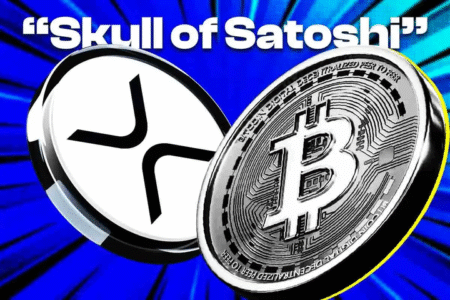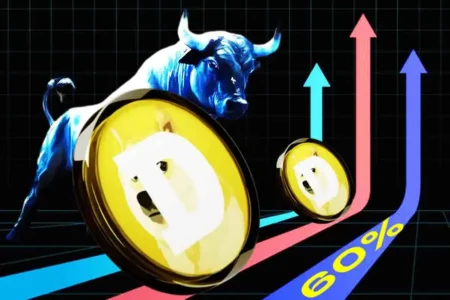The Mango Markets Case: A Legal Overview and Implications for Cryptocurrency
Introduction
The recent developments in the high-profile $110 million Mango Markets case have brought significant attention to the intersection of cryptocurrency and legal accountability. A federal judge dismissed fraud and manipulation charges against Avraham Eisenberg, the individual accused of exploiting the decentralized finance (DeFi) platform. This ruling has sparked discussions about the legal frameworks governing crypto assets and the implications for future cases.
Judge Vacates Convictions
On a pivotal Friday ruling, US District Judge Arun Subramanian set aside the convictions for commodities fraud and market manipulation against Eisenberg. The judge determined that the evidence presented during the trial was insufficient to uphold the jury’s verdict. Notably, he remarked that the decentralized nature of Mango Markets—characterized as "permissionless and automatic"—indicated a lack of evidence supporting the claim that Eisenberg made false representations. This ruling challenges traditional views on fraud within DeFi platforms and raises questions about the nature of responsibility in decentralized ecosystems.
Background of the Case
In 2024, Eisenberg was convicted for manipulating the price of the MNGO token, which skyrocketed by more than 1,300% within minutes. Following this manipulation, he drained approximately $110 million in crypto assets from the platform. The Department of Justice (DOJ) took action against him, followed closely by a lawsuit from the Commodity Futures Trading Commission (CFTC). While the DOJ argued that Eisenberg deceived the lending system of Mango Markets, his defense maintained that he merely exploited vulnerabilities in the platform’s code without committing fraud.
Convictions and Other Legal Issues
Alongside the recent rulings in the Mango Markets case, Eisenberg faces a myriad of legal challenges. Though he was acquitted of fraud charges, he was previously sentenced to four years in prison for other serious offenses, including possessing child sexual abuse material (CSAM). This disturbing element of his background has complicated the narrative surrounding his actions in the crypto space. Furthermore, dual civil lawsuits from the Securities and Exchange Commission (SEC) and CFTC remain unresolved, adding layers to an already complex legal situation.
Future of Legal Actions
With the recent reversal of key convictions, one pressing question emerges: will the US government refile the vacated charges against Eisenberg? While prosecutors argued for a case hearing in New York, Judge Subramanian found limited ties to the crime in that jurisdiction. However, given the Trump administration’s diminishing focus on crypto-related legal actions, it seems less likely that Eisenberg will face renewed charges. The SEC’s recent restructuring, which saw the dismissal of multiple high-profile crypto lawsuits, adds to the uncertainty surrounding future legal accountability in the cryptocurrency arena.
Conclusion
The ruling in the Mango Markets case signals a critical moment in the evolving landscape of cryptocurrency regulation. With Judge Subramanian’s dismissal of fraud and manipulation convictions, the case underscores the complexities and nuances of legal accountability in decentralized ecosystems. As Eisenberg continues to navigate his legal challenges, the implications of this case could resonate throughout the broader cryptocurrency sector, shaping how legal frameworks will adapt to the rapid evolution of digital finance. The outcome of ongoing civil suits and the government’s potential actions will be closely monitored as the cryptocurrency landscape continues to grow and mature.
















